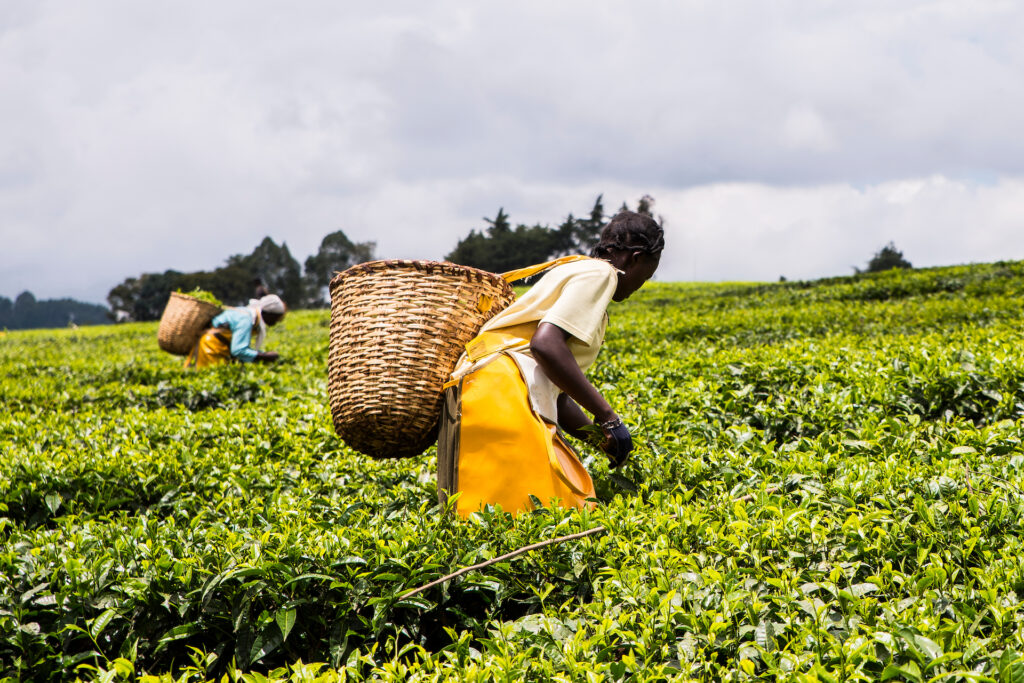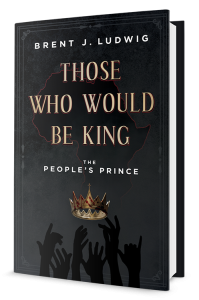The Role of Micro-finance in the Development of African Economies
Micro-finance in Action
Many people in North America and Western Europe have heard about the role that micro-finance can play in helping people in developing countries. I was fortunate enough to travel to Malawi in south central Africa to research the industry first-hand, and to meet many of its players.
What I discovered was enlightening, shocking, encouraging, and amazing.
The Backdrop—Life in Malawi
Malawi is a tiny country bordering Lake Malawi in south central Africa. It is blessed with a higher-altitude sub-equatorial climate. Ample rainfall accompanies the growing season, followed by hot and dry summer seasons. Over 80% of its citizens are employed in agriculture or subsistence farming.
The 2022 estimates for GDP per capita rank it at 190/193 countries, ranking it among the poorest nations on the planet.
Micro-lending was identified as a key driver for helping its people in the 1990s, and laws relating to the regulation and development of the industry were passed in 2010. Microfinance lenders are encouraged to join the Malawi Microfinance Network (MAMN), which organization represents and collates data for its members.
The Need for Capital
According to MAMN, the average size of a micro-loan in Malawi is tiny, at around US$600. Each microfinance firm typically has several thousand unsecured, high-interest loans outstanding at any moment in time. Interest rates are very high at 5-6% per month, and fees associated with each loan often make the effective rates as high as 9% per month.
The entire sector has approximately US$25 million deployed, and has a default rate of less than 6% for its non-governmental lenders (government-influenced micro-lenders have higher default rates). MAMN estimates that US$200 million in capital could be deployed to high-quality credits without increasing the risk profile of the overall loan portfolio.
Clearly, the country needs, and is in fact, starving for capital.
A Typical Loan
In Malawi, village chieftains often allocate land for agricultural purposes (there are few tenured or freehold landowners in Malawi). A villager is granted to right to farm a three-hectare plot of land, but in order to plant it in time for the upcoming season, the farmer needs to buy three hoes, a bush saw, and pay for the labour and seeds for a maize (corn) crop.
A micro-finance firm agrees to lend $550 for this purpose, and the farmer agrees to pay the loan back when the crop is sold. All goes according to plan, and after six months, the farmer pays back approximately $925 to the microlender.
Unfortunately, when the farmer applies again to expand his smallholder farm, and despite his successful track record, the farmer is likely to be unsuccessful due to a lack of available capital.
Of course, micro-loans might have many other uses, including setting up a small shop, purchasing a vehicle to be used as a bus or taxi, or the like.
Benefits of Micro-finance
In a country where agriculture employs 80% of its people, much of the agricultural production in fact goes toward subsistence farming. Micro-finance lending has the potential to significantly increase economic production through investment and economies of scale.
Given unlimited access to capital, micro-lending clients could become a huge driver of increased economic production, and a resulting rise of a “middle class” in Malawi. Historically, the rise of the middle classes in various countries around the world has resulted in increased demand for responsible government and legal reforms to protect the accumulation of wealth from expropriation by the state.
A responsible government might be less susceptible to corruption as well, which plague stifles foreign investment and siphons off capital that otherwise could be used toward socially beneficial projects. Individual micro-lending clients would see dramatic improvements in their quality of life, and increased tax revenues should also benefit the state of the country’s finances overall.
And in a country as poor as Malawi (and of course in fact in many other poor countries), very real and meaningful amelioration of many people’s lives could be the result.
Other Policies and Changes are also Necessary
Without trying to sound like an expert on developing nations and economics, which I am not, there are a host of other challenges facing poor nations like Malawi.
As mentioned above, corruption dissuades foreign investment, as does rampant inflation which devalues their currencies rapidly and can quickly erode the value of an investment.
Legal and political reforms creating a tenured land system (an asset that could be relied upon for access to greater and cheaper financing) and other property rights that are protected by an independent judicial system would also help.
Greater access to better education and health care is of course always a challenge in the developing world, but should also be a by-product of a stronger, more affluent population driving a larger, wealthier economy.
Interestingly, women and cooperative associations in Malawi also represent a significant element of the economy, with great potential to drive economic growth and change in Malawi and elsewhere in Africa.
And believe it or not, my book touches on all of these subjects–and was in fact written for the express purpose of raising these issues, all while telling a fast-paced, engaging historical fiction story.
More on this subject to follow…
***
I look forward to sharing this journey with you. Let’s connect on Twitter, Facebook, LinkedIn, or Instagram; or my newsletter here.
Those Who Would Be King: The People’s Prince is available to order now on Amazon US! More options to come.

